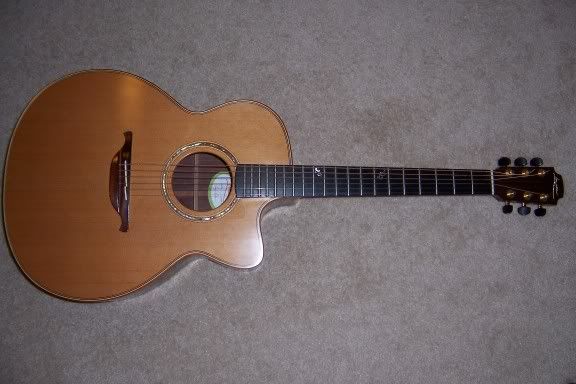Back when I was a student at Eastern Seminary I did a paper in a theology class on Latin American liberation theology. Two books that caught my attention were
A Theology of Liberation by Gutierrez and
The Liberation of Theology by Segundo. Coming from a fairly traditional background, it was jarring stuff for me. In my paper I concluded that it wasn't theology at all. After all, they didn't concern themselves with the typical topics of western theology where entire books are written, arguing whether we begin the discussion with the doctrine of God (after all God is at the beginning) or with the doctrine of humanity (because if we weren't here the whole thing would be moot). Instead the Latin Americans said that the most important question is not one of orthodoxy, that is having the right beliefs, but of orthopraxy, living and practicing your faith in the right way in community. The word
praxis was key for them. By that they meant the process of living your faith in the world, doing theological reflection as a community about that living, and then living better. It was a theology of the people living and working and struggling together in small communities they called
base communities. And they were mostly poor people.
Sitting and playing mind games, writing volumes arguing over substitutionary atonement, or even constructing faith statements were seen as peripheral to what is real - living your whole life as a follower of Jesus.
There were other groups doing agenda theologies - Black Theology and Feminist Theology - but in large degree these works were the work of academics. The Latin American form of Liberation Theology began with the people and then was articulated by the academics.
The seeds were planted for me for a new way of experiencing faith, living as a church, and of constructing my paradigm of the church.
Recently, I've been very interested in the movement called The Emerging Church or the post-modern church. In it, I've seen two faces - one that parallels the base communities of Latin America and a second that looks to me me to be just window dressing on conservative churches using a tool to reach younger adults. And the key difference is in the question of orthodoxy vs. orthopraxy. When I go to a website of an "'emerging" church, the first thing I look for is a statement of faith. If I find one, I move on. Most have them.
Last week I attended a conference in Ventura, CA called Solitoncity. The attendees were mostly 20 & 30 somethings coming from "emerging" churches. I was thrilled at the example of authentic faith lived in the world, genuine struggling with difficult issues, and a sense of real solidarity with the poor. I met folk who were interested in doing praxis whether they knew that word or not. I met folk who were less concerned about believing the right things than about living as followers of Jesus.
I know, the criticism will be that beliefs do matter because they shape our actions. That is true, but as James says in the Bible - faith (orthodoxy) without works (orthopraxy) is dead.

 What an amazing instrument George designed. My particular guitar was built in the former Lowden factory but George did do the bracing on it. It is a customized version of the O25 model.
What an amazing instrument George designed. My particular guitar was built in the former Lowden factory but George did do the bracing on it. It is a customized version of the O25 model.
